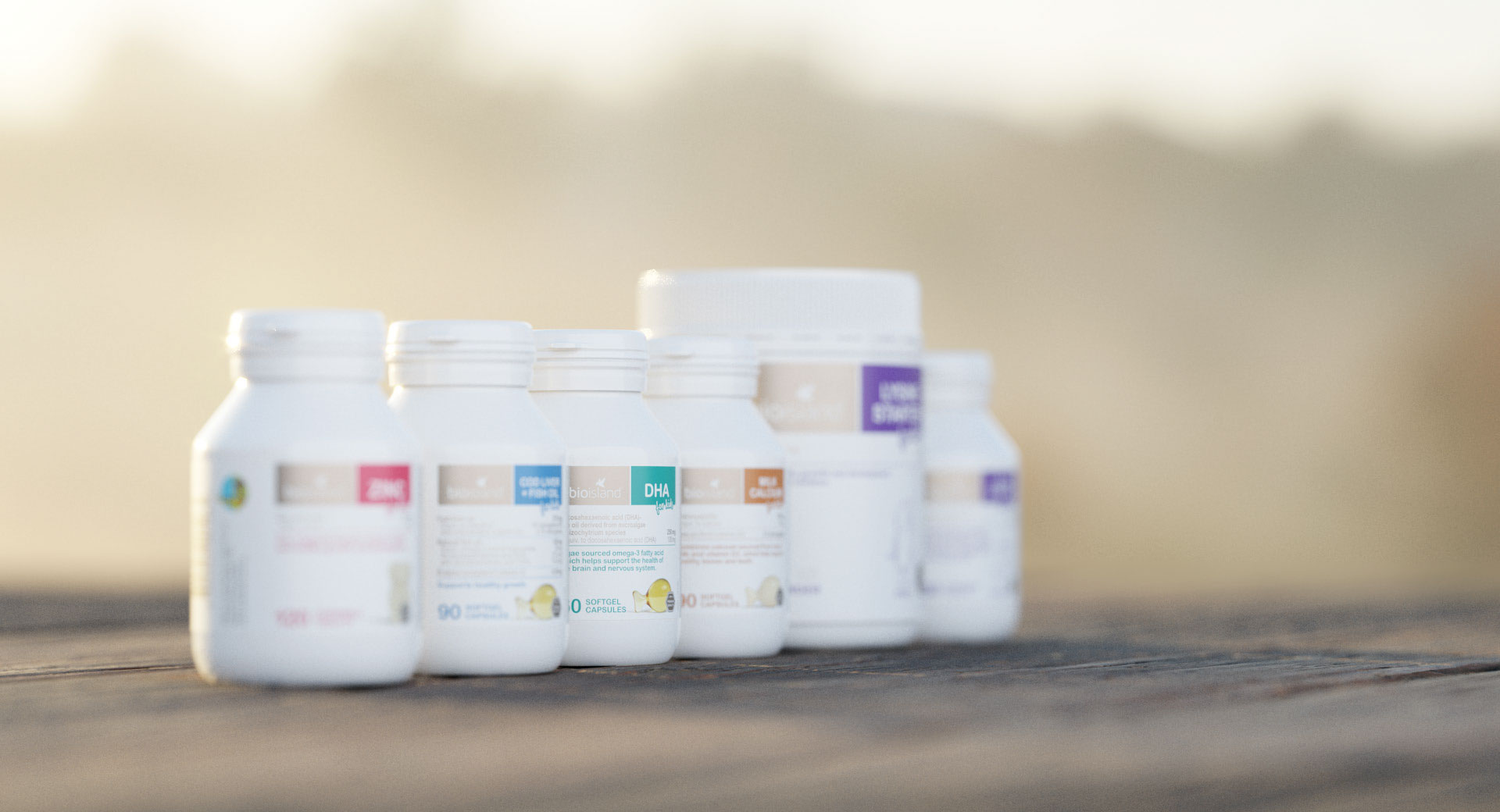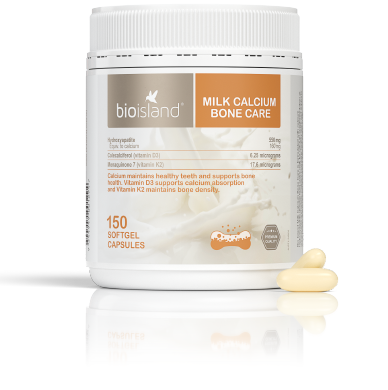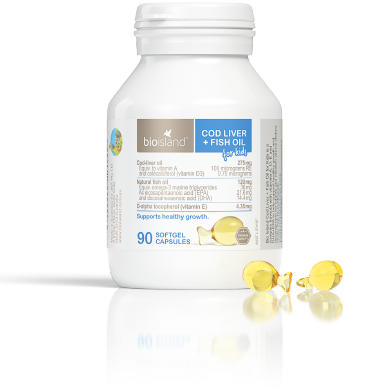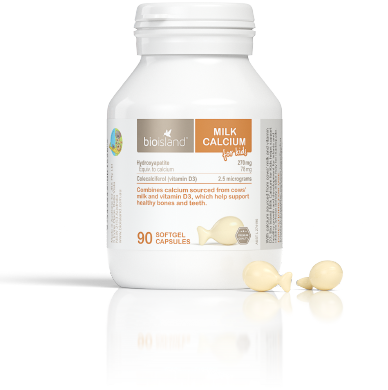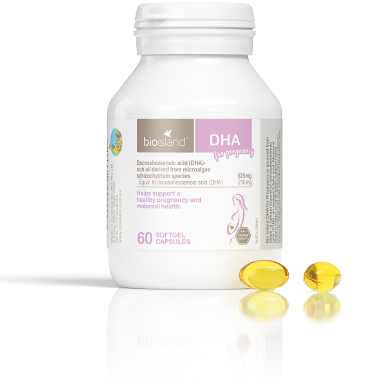
Oral health during pregnancy
Maintaining good oral health is important during all stages of life, but especially during pregnancy
By Bio Island Nutrition Team
Maintaining good oral health is important during all stages of life, but especially during pregnancy as research has suggested that some prenatal oral conditions can adversely affect the health of both mothers and baby. Preterm birth and low birth weight have both been associated with periodontitis, and infants born to mothers who have high levels of cariogenic bacteria have been found to have a higher chance of developing dental caries. Dental treatment is safe during pregnancy and every pregnant woman should be screened for oral risks, especially as the increased hormones in pregnancy can make gums more sensitive to dental plaque.
Nausea and vomiting
Many women suffer from nausea and vomiting during early pregnancy which sometimes persists throughout the entire pregnancy. Frequent vomiting can weaken tooth enamel, increase tooth sensitivity, and make teeth more prone to decay. If you are suffering from persistent nausea and/or vomiting it is recommended that you speak with your doctor to discuss what treatment options may be available to you. You can also follow the below tips to help protect your teeth:
- Don’t brush your teeth immediately after being sick, instead you can rinse your mouth with water and rub some toothpaste onto your teeth with your finger
- Brush your teeth twice daily with fluoride toothpaste, preferably at a time when you do not feel sick
- Try to eat plain foods like crackers and toast. You can also enjoy dairy-based foods as these will help to neutralise acids and protect against tooth decay
- Avoid acidic drinks such as soft drinks and energy drinks
How to take extra care of your teeth during pregnancy
If you are pregnant or planning a pregnancy it is important to have regular visits to your dentist to make sure your teeth and gums are healthy. Most dental treatments are safe during pregnancy, but you should always tell your dentist that you are pregnant so they can be extra cautious and limit any treatments that would be contraindicated.
Your gums may bleed more during pregnancy because of increased hormones, plaque build up can also make the bleeding worse. If you have sensitive gums it is best to purchase an extra-soft toothbrush and gently brush the gumline each day. You should aim to brush your teeth twice a day, morning and night, and use floss to clean between your teeth and gums daily.
Taking care of your baby’s teeth
Calcium is the most important nutrient to help build our babies teeth and bones even before they are born. If you are trying to get pregnant or already expecting it is important you are getting adequate amounts of calcium in your diet to help support your baby’s development while pregnant and during breastfeeding. It is best to speak with your doctor if you are concerned about your calcium levels. They will be able to do further investigations and help with supplementation if necessary.
This information does not take into account your personal situation and is general in nature. You should consider whether the information is appropriate for your needs and seek professional medical advice.
Always consult your healthcare professional before taking any supplements or if any concerns arise.
